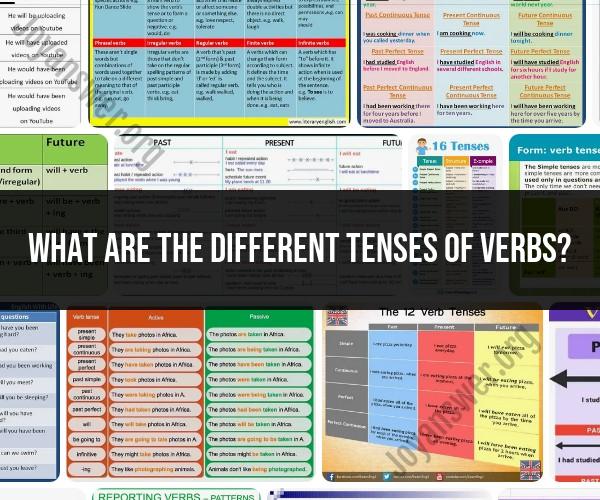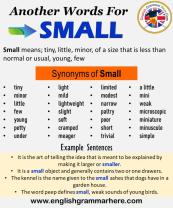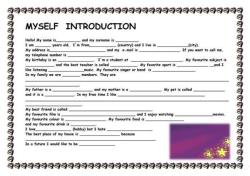What are the different tenses of verbs?
There are eight basic tenses of verbs in English:
Present tense: The present tense is used to describe actions that are happening now or that happen regularly. For example:
- I am writing a blog post.
- She plays the piano.
- They go to the park on weekends.
Past tense: The past tense is used to describe actions that happened in the past. For example:
- I wrote a blog post yesterday.
- She played the piano when she was younger.
- They went to the park last weekend.
Future tense: The future tense is used to describe actions that will happen in the future. For example:
- I will write a blog post tomorrow.
- She will play the piano at the recital.
- They will go to the park next weekend.
Present perfect tense: The present perfect tense is used to describe actions that have started in the past and continue to the present. For example:
- I have written many blog posts.
- She has played the piano since she was a child.
- They have gone to the park many times.
Past perfect tense: The past perfect tense is used to describe actions that happened before another action in the past. For example:
- I had written the blog post before I proofread it.
- She had played the piano for many years before she gave her first recital.
- They had gone to the park several times before they decided to have a picnic.
Future perfect tense: The future perfect tense is used to describe actions that will have happened before a certain time in the future. For example:
- I will have written many blog posts by the end of the year.
- She will have played the piano for many years by the time she gives her next recital.
- They will have gone to the park many times by the time they decide to have a picnic again.
Continuous tenses: The continuous tenses are used to describe actions that are happening over a period of time. There are three continuous tenses: present continuous, past continuous, and future continuous.
Present continuous tense: The present continuous tense is used to describe actions that are happening now. For example:
- I am writing a blog post.
- She is playing the piano.
- They are going to the park.
Past continuous tense: The past continuous tense is used to describe actions that were happening in the past. For example:
- I was writing a blog post when you called.
- She was playing the piano when she saw her friend.
- They were going to the park when it started to rain.
Future continuous tense: The future continuous tense is used to describe actions that will be happening in the future. For example:
- I will be writing a blog post tomorrow.
- She will be playing the piano at the recital.
- They will be going to the park next weekend.
Verb tenses can be tricky, but it is important to understand them in order to communicate effectively. By learning the different tenses of verbs, you will be able to write and speak more accurately and precisely.
Exploring Verb Tenses: A Comprehensive Overview
Verb tenses are used to indicate when an action takes place. There are four main verb tenses in English: present, past, future, and present perfect.
Present tense is used to indicate actions that are happening now or that happen regularly. For example:
- I am writing a blog post.
- She goes to the gym every day.
Past tense is used to indicate actions that happened in the past. For example:
- I wrote a blog post yesterday.
- She went to the gym last week.
Future tense is used to indicate actions that will happen in the future. For example:
- I will write a blog post tomorrow.
- She will go to the gym next week.
Present perfect tense is used to indicate actions that started in the past and continue to the present or that have happened recently. For example:
- I have written many blog posts.
- She has gone to the gym several times this week.
Understanding the Various Tenses of Verbs in Grammar
Each of the four main verb tenses can be further divided into several sub-tenses. For example, the present tense can be divided into the simple present, present continuous, and present perfect continuous tenses.
Simple present tense is used to indicate actions that are habitual or that happen regularly. For example:
- I go to work every day.
- She studies French.
Present continuous tense is used to indicate actions that are happening now or that are temporary. For example:
- I am writing a blog post.
- She is eating lunch.
Present perfect continuous tense is used to indicate actions that started in the past and continue to the present or that have happened recently. For example:
- I have been writing blog posts for two years.
- She has been eating lunch for an hour.
The other three main verb tenses (past, future, and present perfect) can also be divided into sub-tenses.
Verb Tenses and Their Usage in Language
Verb tenses are used to convey different meanings in language. For example, the present tense is often used to create a sense of immediacy or to describe general truths. The past tense is often used to recount events that have already happened. The future tense is often used to make predictions or to describe plans.
Verb tenses can also be used to create different effects in literature. For example, a writer might use the past perfect tense to create a sense of suspense or to foreshadow future events.
Verb tenses are an essential part of grammar and language. By understanding the different verb tenses and how to use them correctly, you can improve your writing and communication skills.










